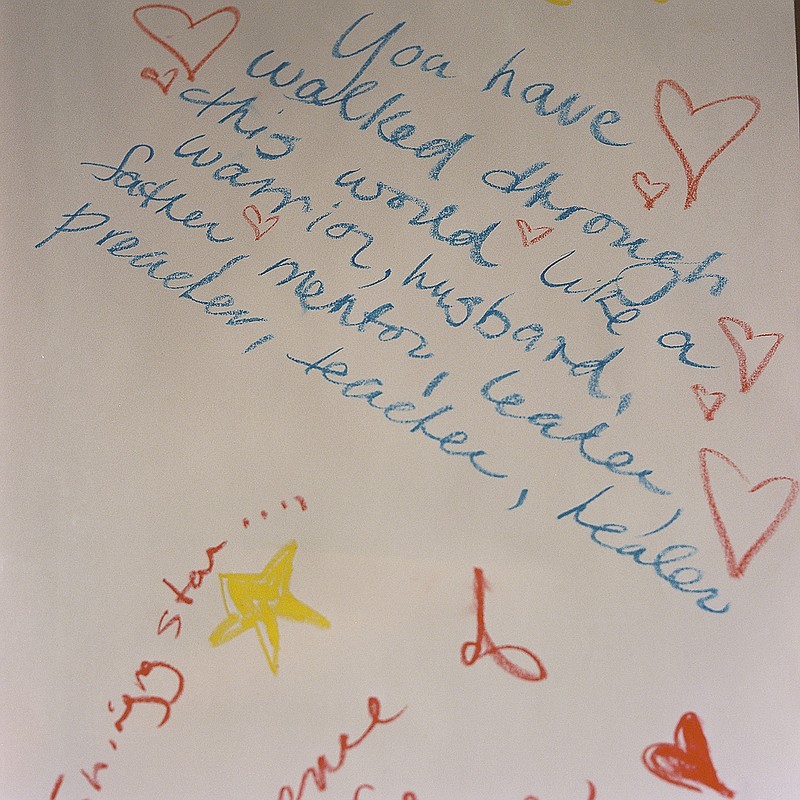Would it surprise you to learn that more than 10,000 Canadians were put to death by their doctors last year?
A number of countries -- and a few American states -- permit some form of assisted suicide for terminally ill patients, but Canada is one of only a handful that have legalized euthanasia. Medical practitioners are permitted to use drugs to end the lives of patients who are suffering, even those who are not immediately terminal.
Earlier this month, New York Times columnist Ross Douthat described the situation north of our border in "What Euthanasia Has Done to Canada." Douthat, a political conservative and committed Catholic, is emphatic: he calls euthanasia barbaric, evil and destructive, a way station on the road to a "dystopian future" that has already arrived in Canada.
He concludes that only conservatives can save us from this dreadful brave new world.
Douthat is worth reading on this subject, and so is Maria Cheng of the Associated Press--cited by Douthat -- who reports on the misgivings of bioethicists about Canada's liberal attitude toward euthanasia. Will health care professionals be tempted to too quickly offer euthanasia as a "cure" for patients who are experiencing only temporary depression? Will patients be motivated to seek euthanasia merely to escape physical suffering that could be relieved by better palliative care?
Euthanasia is complex beyond the scope of this column, but its essential question deserves attention: Who has the right to decide when and how we die?
Generally church and state have claimed this prerogative. Suicide is against the law, and it violates the spirit and the tenets of most religions. But does it have to be this way? The privileges of the church and the state to dictate the conditions of our deaths conflict with another individual imperative, the fundamental desire of most humans to achieve a reasonably peaceful and dignified demise.
In fact, many of us are much less afraid of death than we are of dying. We crave a tranquil passage into the Great Beyond, but in reality peaceful departures are rare. More often death is a miserable, prolonged experience largely devoid of dignity or grace.
Modern drugs and palliative care can help relieve a good deal of the suffering until nature takes its course, but many terminal patients -- and we're all terminal, aren't we? -- fear suffering less than incapacitation, the prolonged weeks, months or years during which their ability to function fully as a human being is over.
In fact, the Canadian Minister of Health's recent annual report notes that among the reasons cited by patients who chose euthanasia, only 58% mentioned "inadequate control of pain." Eighty-six percent said they prefer to die because of the "loss of ability to engage in meaningful activities."
In other words, the inability to lead a meaningful existence is, for many, a fate worse than death.
The idea that any life is better than no life at all is largely unexamined and unchallenged, especially by the young and healthy. Douthat incorporates the principle into his conservatism, as if Republicans don't fear dying as much as Democrats. The religious often accept the principle, as well, deferring to their perception of the will of God, even if it means enduring prolonged suffering.
But isn't the principle itself -- life at all costs -- due for a reevaluation that pays more attention to the wishes of the individual? Wouldn't more control of the time, place and circumstances of our deaths alleviate some of our fear of dying, if not of death itself?
In Canada, medical assistance in dying goes by the acronym MAID. Here's how one medical practitioner reported the death of one of her patients:
"Patient with cancer was offered palliative care right away, but requested MAID shortly after admission to hospice. He wanted to be pain free and sedated, and to have MAID on his birthday ... Family members at the bedside respected the patient's wishes and the MAID went very well. In the presence of his wife and two children, the patient passed away on his birthday, as he wished."
Whatever you think of this patient's choice, the important term here is "as he wished."
Tribune News Service
